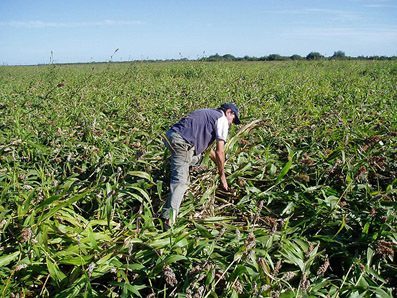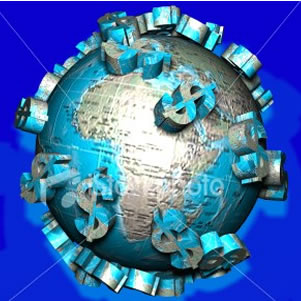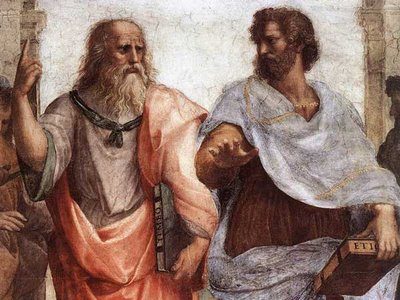 The term province is a term that is used to designate a territory that is part of another larger and superior geographical entity but that at the same time has its characteristics and particular functions. The province is a purely human creation to geographically order the different spaces in which a society lives and organizes itself. To delimit the territory that is part of a province, both natural elements (such as a riverbed, a mountain range, a forest, etc.) can be used as well as artificial elements created by humans (for example, a route, a wall, an avenue, etc.).
The term province is a term that is used to designate a territory that is part of another larger and superior geographical entity but that at the same time has its characteristics and particular functions. The province is a purely human creation to geographically order the different spaces in which a society lives and organizes itself. To delimit the territory that is part of a province, both natural elements (such as a riverbed, a mountain range, a forest, etc.) can be used as well as artificial elements created by humans (for example, a route, a wall, an avenue, etc.).
Whenever you talk about provinces you are referring to a geopolitical entity that is part of another higher entity, usually a country, a kingdom, an empire. The province is one of the geographical units that make up that most comprehensive territory and is usually established from geographical limits although sometimes it can also take into account particular social and cultural characteristics (for example, a province in which towns or cities they have a particular language different from that of the rest of the provinces).
The province name comes directly from the ancient Roman Empire in which the extensive dominated territories had to be divided into minor sub-territories or province to ensure a more effective and agile domain. In many other cultures such as different pre-Columbian societies (mainly Incas and Aztecs), Asians or Egyptians, there was also a territorial division, but the name of the province comes directly from the Romans.
There are several elements that can be taken into account to define what a province is. In the first place, we can say that the provincial territory always has its own political system: this is a governor, its own legislative and judicial system that allows it to make its own decisions, although some are shared with the central State. The province also usually has the freedom to manage its funds and resources as it sees fit, although normally each of these territories is requested to send a sum to the central State to govern the entire country or territory. Finally, the provinces can have their own laws, as well as unique identity traits that affect the cultural and social aspects of each region.









